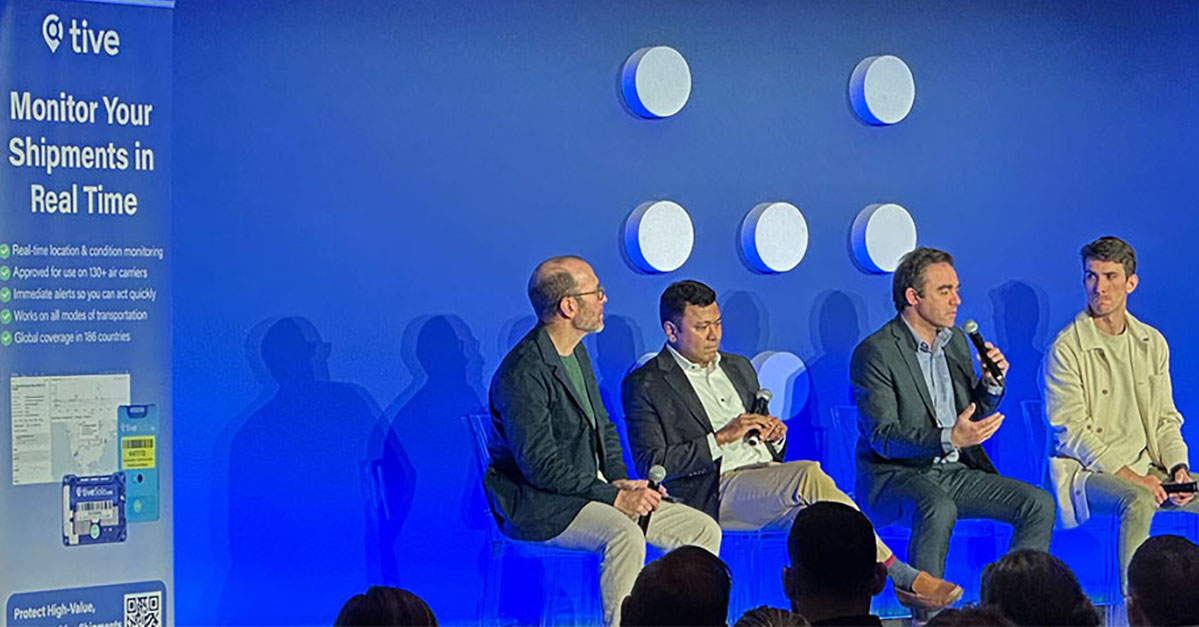Key Challenges in Fresh Grocery & Supermarket Supply Chains

December 3, 2021
July 8, 2025
x min read

Grocery retail supply chains have known a not-so-subtle secret for a number of years now: fresh is in. Health-conscious consumers have always had an insatiable appetite for fresh meats and seafood, right-from-grove/garden fruits and vegetables, dairy, cheese, and straight-from-the-oven bakery. As early as 2018, a Neilsen study found that fresh foods were “the primary driver of growth in retail stores, accounting for 49% of all dollar sales growth in the fast-moving consumer goods industry. And as of late 2019, 60% of consumers were already spending up to one-third of their average grocery budget on fresh items, according to Deloitte Insights.
Then, a few months later, COVID came along. There was no way to prepare for the major impact on supply chains, for supermarkets especially as they tried to keep up with the unprecedented demand as even more consumers shifted their buying habits toward fresh foods. As one industry insider put it, “The supply chain absolutely stretched to the limits — broken, in many cases.” What it showed very clearly was that grocery supply chain retailers have a slim chance of success if they don’t develop a plan and solution to inject end-to-end visibility into their supermarket supply chain.
Click here to download our ebook now.
The State of Fresh Grocery & Supermarket Supply Chain
For the most part, the retail market for fresh foods thrived throughout the pandemic, according to the Supermarket News 2021 Fresh Foods Trends Report. In a survey of retailers and wholesalers conducted from mid-March to mid-April, 81% said sales in the perimeter had increased over the previous 12 months. Two-thirds reported increases of up to 15%, and 18% said sales had risen 10-12%. As one respondent said, “COVID just woke us up to a trend that had already been occurring. People want tasty, convenient meals that aren't totally bad for your health.” Many of the retailers surveyed by Supermarket News say they plan to “focus on grab-and-go, ready-to-heat/eat and other convenient packaged fresh meal options; new products; and new flavors and ingredients in prepared foods.”
The Challenges of Grocery Retail Supply Chain
When it comes to the challenges inherent with supply chains for supermarkets, spoilage is the greatest fear among retailers. The inability to track a shipment’s location, temperature, humidity, and other factors in real time while in-transit results in significant losses annually. In fact, U.S. grocery retailers estimate that $18 billion in food arrives at their stores spoiled and unusable.
To read more of the many challenges:
Current Solutions for Grocery Supply Chain to Consider
Today’s grocers are capturing copious amounts of transactional data in interactions with customers both online and offline. This is why supermarket supply chains are fertile ground for artificial intelligence and real-time visibility solutions. The right visibility solution will provide grocery retail supply chains with the power to:
- Integrate systems together.
- Work with partners collaboratively.
- Gain better visibility to aid in overall supply chain proactiveness.
- Know condition and location details while shipments are in transit.
- Move from exception management to management by exception.
Download our ebook now to read more details.
How Visibility Benefits Supply Chain for Supermarkets
Proactive grocery supply chains are using emerging technologies such as world-class trackers and software to gain a deeper level of visibility into cold chain shipping and food logistics in general. This is another example of the ongoing digitization of supply chains.
With grocery retail supply chains, visibility solutions extend well beyond location track-and-trace capabilities to control costs while solving operational challenges, enhancing efficiencies, driving increased productivity, and ensuring compliance to all rules and regulations along the way.
Read more about how visibility benefits supply chain for supermarkets:
Conclusion: Keep Things Fresh with Best-in-Class Trackers & Real-Time Insights
Implementing in-transit visibility will improve overall proactiveness from end to end in the fresh grocery supply chain. Tive’s portfolio of single-use and multi-use trackers can stream location and condition information for any food or perishables shipment. Download our ebook now to learn more, then schedule a demo with us.


